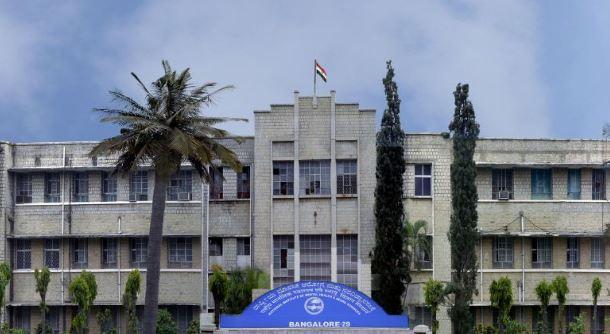India in fifth place globally in private space companies

Background:-
- India in fifth place globally in private space companies
- India’s space industry is predominantly driven by the national Indian Space Research Organisation (ISRO). The industry includes over 500 private suppliers and other various bodies of the Department of Space in all commercial, research and arbitrary regards.
- Amid all the pandemic gloom, good news emerging from India’s space tech sector is that the number of private firms more than 350 is already more than Japan, China and Russia, putting India in fifth place globally.
- Out of 10,000 odd firms analysed as a part of global report that projects the space tech economy to touch $500 billion by 2025, over 5500 in the US, followed by the UK, Canada and Germany.
- The report list of 368 firms in India compared to 288,269 and 206 in China, France and Spain respectively. Japan and Russia have 184 and 56 respectively.
- In 2019, the space industry of India accounted for $7 billion or 2% of the global space industry and employed more than 45,000 people.
Linkages:-
- The Indian government has opened up the space sector for private players, also forming a dedicated unit called Indian National Space Promotion and Authorisation Centre or IN-SPACe to regulate spacetech innovation.
- An independent nodal agency under the department of space (DoS), IN-SPACe has been tasked with examining the extent to which private players can contribute to the space sector, across a range of functions such as establishing ground stations to satellite constellations, to specialised sensors and devices to providing applications and services for spacetech operations.
- Today there are 13 spacefaring nations with independent launch capacity, and nearly every country is dependent in some way on space-enabled capabilities, many of which are supplied not by States but by commercial entities.
- The space industry is in the middle of a widespread transformation, as the last decade has seen a number of young companies begin to seek to profit in an area where most of the money was made from military contracts or expensive communications satellites.
- The estimated space economy is still largely dominated by large aerospace and defense companies, serving government-funded interests.
- But investors that’s changing, with Morgan Stanley, Goldman Sachs, Bank of America and UBS each issuing frequent research for clients on how the space agencies are growing.
Current Scenario :-
- India in fifth place globally in private space companies. There has been a good response from the industry, both big and small. The number of proposals with IN-SPACe has also gone up by around 30% compared to the end of 2020.
- As per the report by Spacetech Analytics titled ‘SpaceTech SpaceTech Industry 2021/Q2 Landscape Overview, 2820 companies globally are in navigation and mapping, followed by 1000 manufacturing firms, 718 doing space communication, remote sensing.
- Total early-stage investments in space technologies in are $68 billion. “With a total of $28 billion invested in 3,086 companies, the US is an undisputed leader.This is six times the amount invested in companies in China the second largest country in terms of space tech investment $4.8 billion invested in 122 companies.
- China is followed by the UK, where funding Is mostly raised from public sources and IPOs.India is in fourth place with investments in about 110 firms totalling not more than $2 billion.
- One of the main aims of opening up the space sector was to enhance India’s share in the global space tech economy from around 3% to more than 10% in the next few years.
- By 2019, India had launched more than 300 satellites for various foreign states. There were more than 40 startups in India in early 2021 in various stages of developing their own launch vehicles, designing satellites and other allied activities.
Impact:-
- To harness the enormous potential of space opportunities both domestically and worldwide, the Indian space economy needs to scale up.
- The Indian satellite market has been bolstered by demand generation of various satellites, along with efforts taken by the Indian economy to be self-sufficient, with a vision to cater to global market requirements.
- The proactive approach of Indian satellite manufacturers and government organizations toward the launch of various satellites and generating milestones has generated a global impact.
- India set a record by launching 104 satellites in a single launch.
- This will attract a lot of global attention and will enable the India Space Research Organisation (ISRO) to establish itself as a favored space agency, especially for commercial small satellite launch.
- Also, under the government’s “Make in India” manufacturing initiative, several of these space tech startups are receiving grants for manufacturing small satellites in-house.
- This startups will generate unique opportunities in the space that can solve the problems across the industries.
Content contributed by- Vaishnavi Dahivalikar








